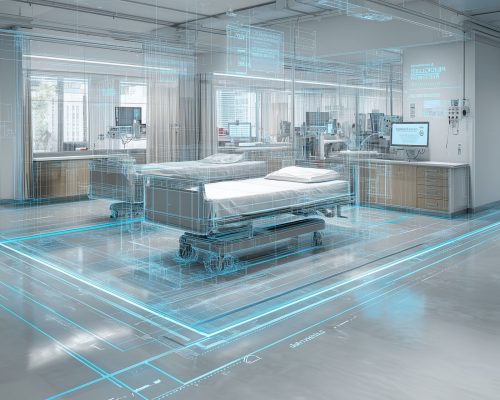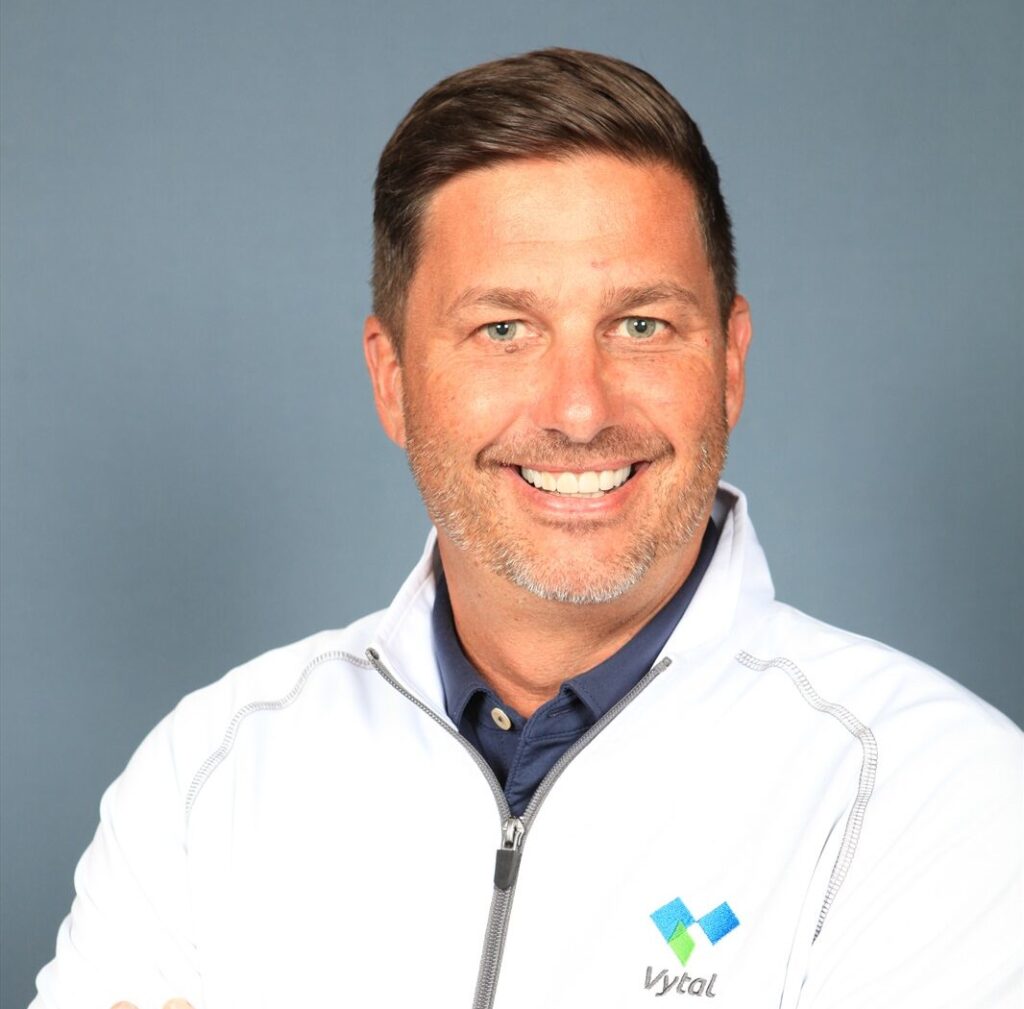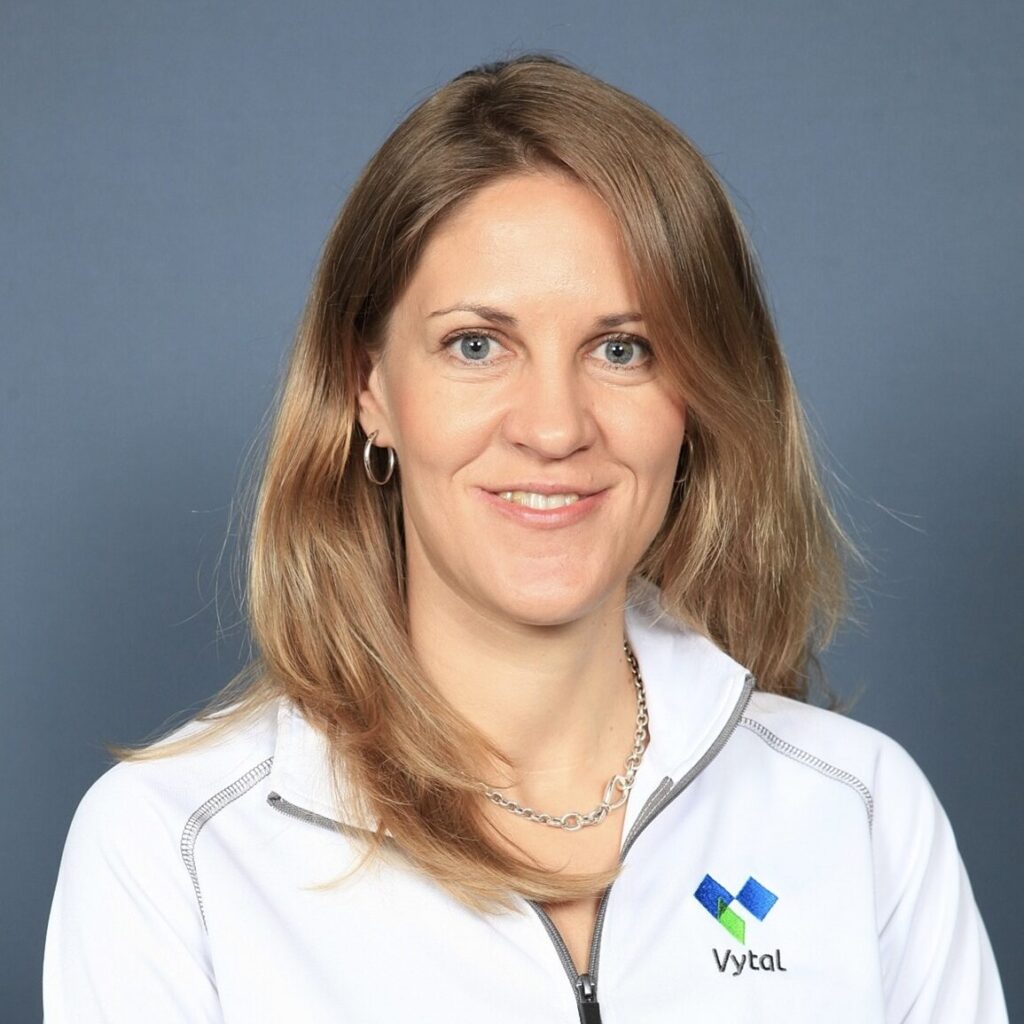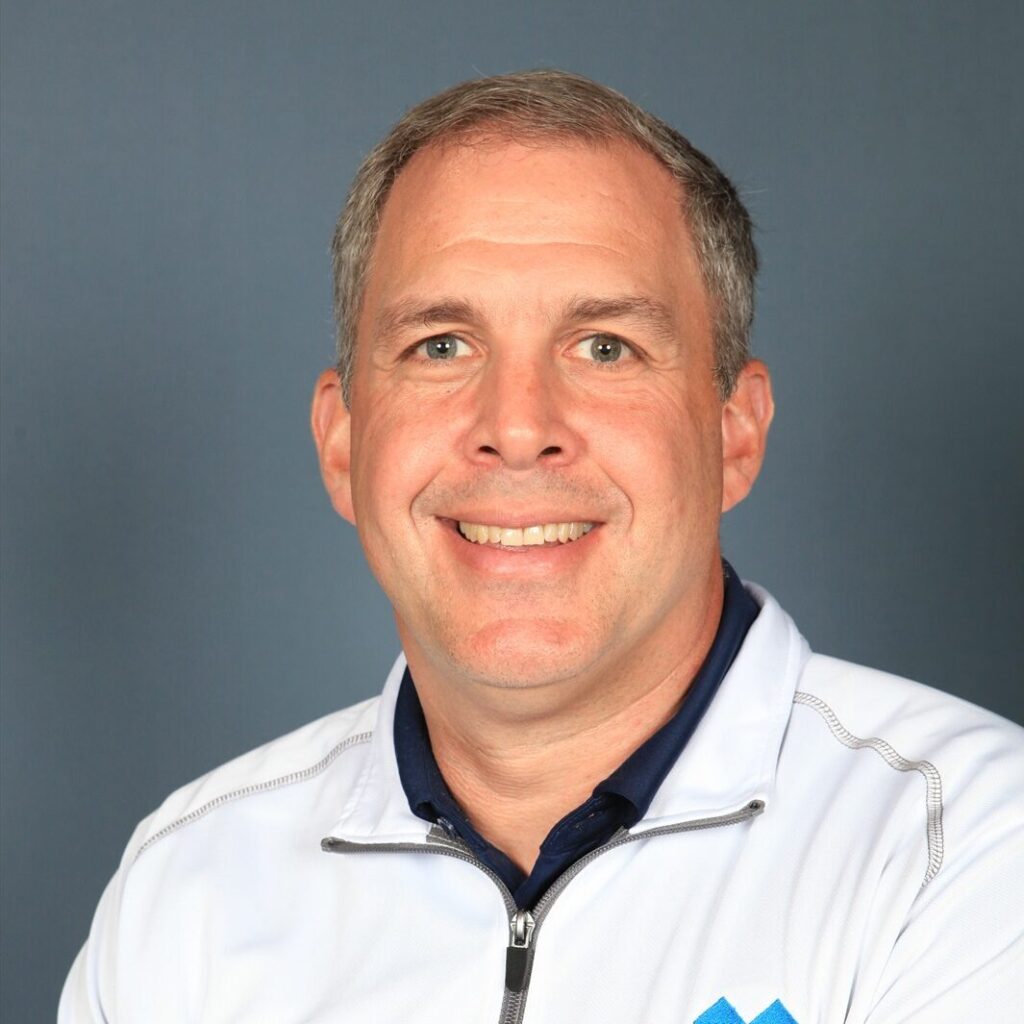
Key takeaways
- A healthcare-specific CMMS is vital for upkeep, preventative maintenance, compliance and financial sustainability by accounting for the nuances of healthcare that general CMMS platforms can’t accommodate
- Implementing a CMMS transforms healthcare facility management from a cost center into a strategic financial lever
- Prioritizing work orders with an asset criticality score is shaping the healthcare facilities landscape into a more efficient system with better financial, compliance and patient outcomes
Precision, safety, and compliance are critical across healthcare, where facilities asset management is no exception. A Computerized Maintenance Management System (CMMS) can be the difference between a smoothly running facility and one that struggles to maintain compliance, operational efficiency, and cost control. But not all CMMS platforms are created equal. Generic systems, which have long ruled the healthcare world due to lack of viable alternatives, may be viable in other industries, but healthcare facilities have unique needs that can only be met with a purpose-built CMMS.
Ensuring Safety and Compliance in Healthcare Facilities
Healthcare facilities are among the most regulated environments in the world. Institutions like The Joint Commission require rigorous documentation, tracking, and maintenance of medical equipment to ensure patient safety. Failure to comply with these standards can result in fines, loss of accreditation, and most critically, endanger patient lives.
A CMMS system designed specifically for healthcare allows facilities to automatically track and schedule maintenance for critical medical devices. It keeps a record of inspections, repairs, and preventive maintenance to ensure compliance with healthcare regulations. With ever-changing laws and guidelines, such as those related to HIPAA, your facility must stay ahead of the curve, and a healthcare-specific CMMS can help achieve that.
How a Healthcare-Specific CMMS Enhances Compliance
The power of a healthcare-specific CMMS lies in its ability to generate organized reports for self-audits, enabling systems to be as prepared as possible for any upcoming audits. This level of organization streamlines quality inspections, ensuring that issues are detected and addressed before they become liabilities. With real-time data tracking, healthcare organizations can ensure compliance with current regulations and be prepared for future changes.
For an extreme example, in a study conducted in Burundi’s resource-constrained healthcare system, the implementation of a CMMS increased biomedical maintenance interventions from 4 to 350 per month, reducing maintenance delays from 106 to 26 days and improving asset functionality. This highlights the tangible impact that a well-implemented CMMS can have, even in low-resource settings.
Avoiding Fines, Lawsuits, and Ensuring Patient Safety
Compliance is not just about avoiding penalties; it’s about protecting patient safety. Failing to maintain critical equipment can have life-threatening consequences. A CMMS designed for healthcare helps facilities remain vigilant by ensuring that preventive maintenance is completed on time, reducing the risk of equipment failures that could endanger patients.
Optimizing Operational Efficiency in Healthcare with a CMMS
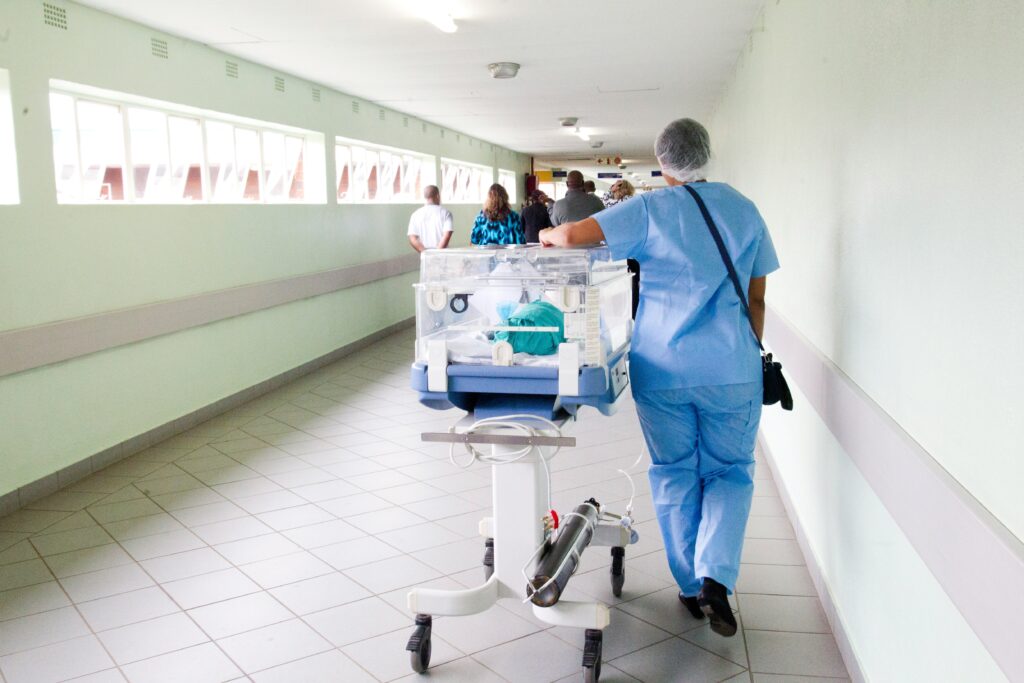
Healthcare facilities have workflows that differ significantly from other industries. A generic CMMS often lacks the capacity to handle these complexities, leading to inefficiencies and higher operational costs. For example, the work order process in a hospital requires prioritization based on asset criticality, which is often absent in non-specialized platforms.
Work Order Prioritization in a Healthcare-Specific CMMS
The ability to prioritize work orders based on the criticality of equipment is essential in healthcare. For instance, an operating room ventilator requires immediate attention compared to less critical assets. A healthcare-specific CMMS streamlines this process by using asset criticality scores to determine which tasks should be handled first, ensuring that the most vital equipment remains functional.
A healthcare CMMS automates crucial healthcare-specific workflows, from work order management to asset health tracking and compliance reporting. By eliminating manual processes, it reduces human error and increases efficiency. For example, real-time tracking of asset status helps staff know immediately when equipment is available or requires maintenance, improving overall workflow.
Centralizing Documents and Data for Healthcare Facilities
The benefits of having all documents and data centralized cannot be overstated for reducing human error and boosting compliance. Groups like Penn Medicine are consolidating their databases using CMMS software, bringing together everything from maintenance schedules to compliance reports and equipment manuals, and ensuring these resources are accessible to all authorized personnel. This centralization ensures that no critical information is lost, improving operational efficiency and reducing the time spent searching for necessary documents. Even the most meticulous and well-managed teams suffer from things slipping through the cracks, and CMMS software can wrap these countless variables into an airtight environment. Vytal’s CMMS platform, for example, has been shown to reduce human-driven documentation errors by 15%.
By automating administrative tasks such as scheduling, compliance reporting, and work order management, a healthcare-specific CMMS can also enable patient-facing staff to focus more on care. Nurses and doctors no longer need to track down missing equipment or worry about whether critical devices are operational. Instead, they can dedicate their time to delivering quality patient care, knowing the facility’s assets are being managed effectively.
Specialized Asset Management and the Asset Criticality Score
Healthcare facilities are home to some of the most complex and expensive assets, from MRI machines to ventilators. These assets require specialized maintenance and management, which a generic CMMS cannot provide. A healthcare-specific CMMS tracks the entire lifecycle of medical equipment, from purchase to decommissioning, ensuring that equipment is maintained properly and replaced when necessary.
The Importance of Supporting Alternative Equipment Maintenance (AEM) Programs
Many healthcare facilities rely on Alternative Equipment Maintenance (AEM) programs to maintain devices that do not follow the standard maintenance schedule. A specialized CMMS can handle these unique requirements, ensuring that even equipment on an AEM program is maintained according to the manufacturer’s specifications, protecting both the equipment and the facility.
What is an Asset Criticality Score?
The Asset Criticality Score is a metric used to assess the importance of each asset in a healthcare facility. This score is derived from a combination of risk of failure and impact of failure, allowing facilities to prioritize the maintenance of assets that are most critical to patient care and facility operations.
The asset criticality risk of failure score is determined by analyzing required maintenance, asset incident history, and the probability of breakdown. The impact of failure score considers how an asset’s failure would affect patient care, safety, and the facility’s operational capabilities. These scores are updated regularly, ensuring that the facility always has up-to-date information on asset health.
How the Asset Criticality Score Drives Maintenance Prioritization
By focusing on the most critical assets, healthcare facilities can optimize their maintenance processes. Facilities that implement an asset criticality score see faster response times to equipment failures and lower overall maintenance costs, as fewer resources are wasted on non-critical equipment.
Cost Optimization and Financial Control with a CMMS
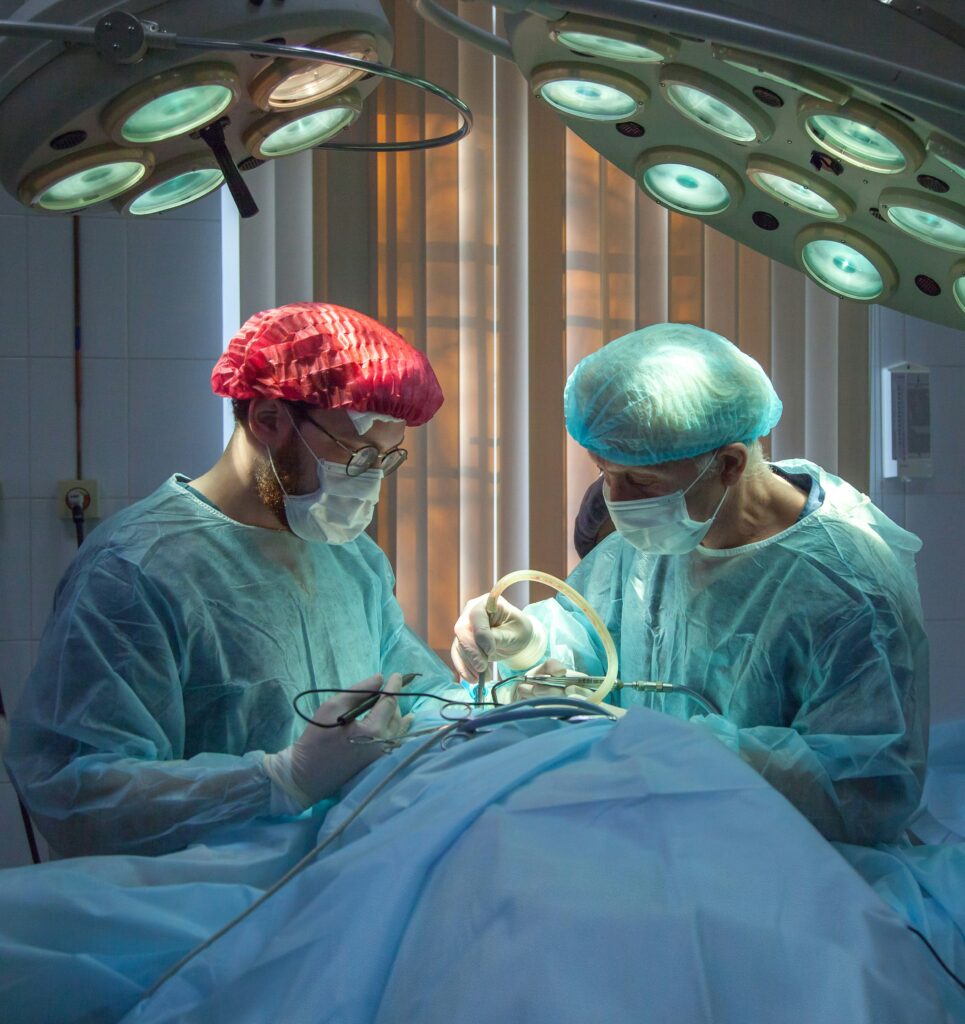
Historically, facility management has been seen as a cost center. However, with the right data, healthcare facilities can turn their assets into a financial lever. A healthcare-specific CMMS provides the necessary insights to shift from reactive to proactive management, enabling data-driven decisions about when to repair, replace, or retire equipment.
Tracking Costs and Reducing Administrative Burden
A CMMS tracks costs related to maintenance, labor, and parts with incredible precision, providing detailed insights into where money is being spent. This transparency allows healthcare facilities to better control their budgets and make informed decisions that benefit the bottom line.
By automating many of the administrative tasks associated with equipment management, a CMMS reduces the amount of paperwork and time spent manually inputting data, resulting in lower administrative costs and more efficient use of resources across the facility.
Regulatory Readiness and Simplifying Audits
Audits are a constant reality in healthcare. A CMMS helps facilities remain audit-ready by organizing records, tracking maintenance schedules, and generating compliance reports at the click of a button. This level of preparedness reduces stress on facility managers and ensures that audits go smoothly.
Healthcare-focused CMMS platforms can include built-in regulatory standards inventory, with automatically-updated JC and DNV standards indexed by chapter for easy identification and tying to assessments. Vytal’s CMMS platform, for example, features this inventory with a handy search tool to easily find applicable standards, as well as the ability to choose and assign JC and DNV standards to different campuses.
The Future of Healthcare Facilities with a Purpose-Built CMMS
A purpose-built CMMS is not just a tool for today’s healthcare facilities; it’s an investment in the future. By improving operational efficiency, compliance, and cost control, healthcare facilities can transform their asset management processes and continue to provide the highest level of care to their patients.
The long-term benefits of adopting a healthcare-specific CMMS are clear. Facilities that implement these systems not only improve their day-to-day operations but also enhance their long-term financial and operational stability.
Interested in learning more about Vytal’s CMMS, purpose-built for healthcare? Get started today
